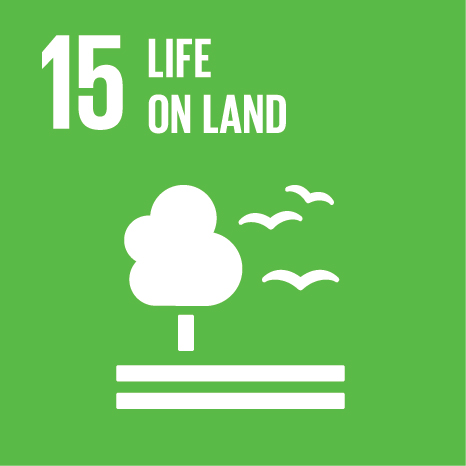Ciência_Iscte
Publications
Publication Detailed Description
Community-Based Conservation in the Drylands of East and Southern Africa During COVID-19 (a peer reviewed report)
Journal/Book/Other Title
Natural Hazards Center Quick Response Grant Report Series, 341
Year (definitive publication)
2022
Language
English
Country
United States of America
More Information
Web of Science®
This publication is not indexed in Web of Science®
Scopus
This publication is not indexed in Scopus
Google Scholar
This publication is not indexed in Overton
Abstract
Our research focused on dryland communities in conservation landscapes in Namibia, Kenya, and Tanzania, where tourism and community-based conservation have been adopted as market-based solutions to social and environmental vulnerabilities. The COVID-19 pandemic resulted in the cessation of international tourism and the suspension of most employment related to community-based conservation in the region. These disruptions caused devastating impacts on local livelihoods which had become partly dependent on tourism and conservation-related income to meet household needs.
We partnered with local co-researchers to document the unfolding impacts of COVID-19 on community members in our study sites using qualitative research methods. More specifically, we examined the following research questions: (a) How were people from different demographic groups (e.g., gender, age, income, conservation employment status) affected by the sudden loss of tourism income and cessation of community-based conservation activities? and (b) How did people across these different demographic groups respond to the loss of conservation and tourism benefits?
We found that the pandemic’s effects were unevenly experienced. In Kenya, for example, wealthier community members were able to invest in cattle and profit from pastoralism whereas poorer members struggled to feed their families. Namibia was the lone case in which the government and other organizations implemented measures to support household income. Our diverse findings reveal the value of comparative case studies as well as the need for long-term research to capture the unfolding, quite unpredictable, impacts of the COVID-19 pandemic. Our study also revealed the value and challenge of doing “remote ethnography” in hazards research.
https://hazards.colorado.edu/research/quick-response-report/archives
Acknowledgements
--
Keywords
Funding Records
| Funding Reference | Funding Entity |
|---|---|
| COVID-19 Quick Response Research Grant | Natural Hazards Center, University of Colorado |
Contributions to the Sustainable Development Goals of the United Nations
With the objective to increase the research activity directed towards the achievement of the United Nations 2030 Sustainable Development Goals, the possibility of associating scientific publications with the Sustainable Development Goals is now available in Ciência_Iscte. These are the Sustainable Development Goals identified by the author(s) for this publication. For more detailed information on the Sustainable Development Goals, click here.

 Português
Português




